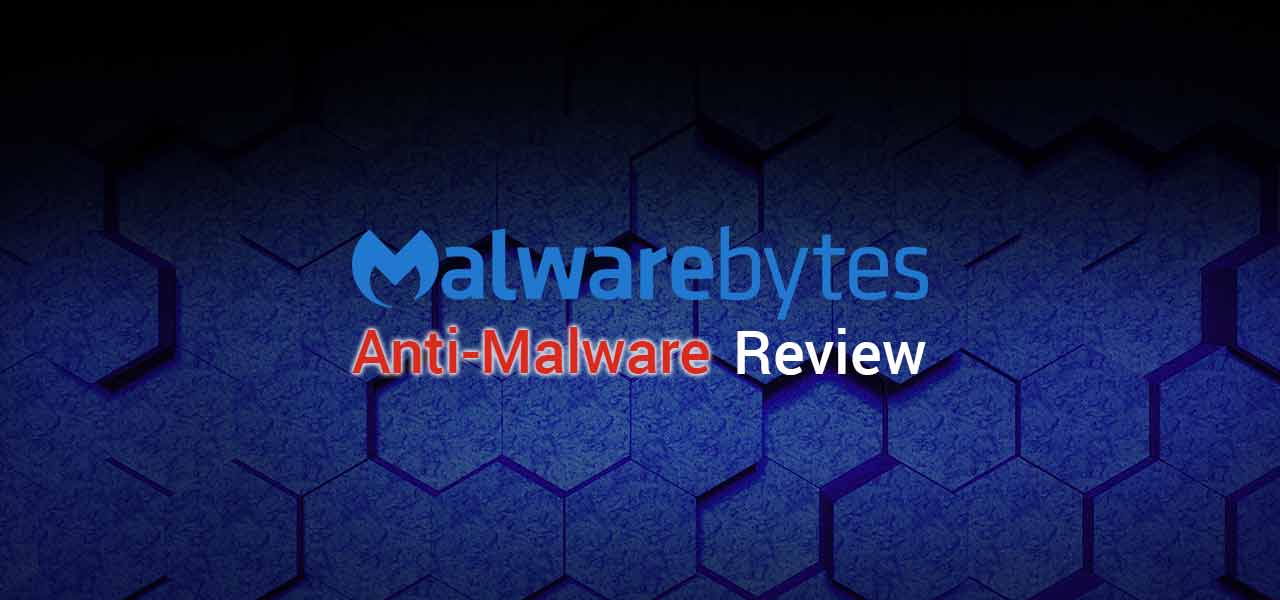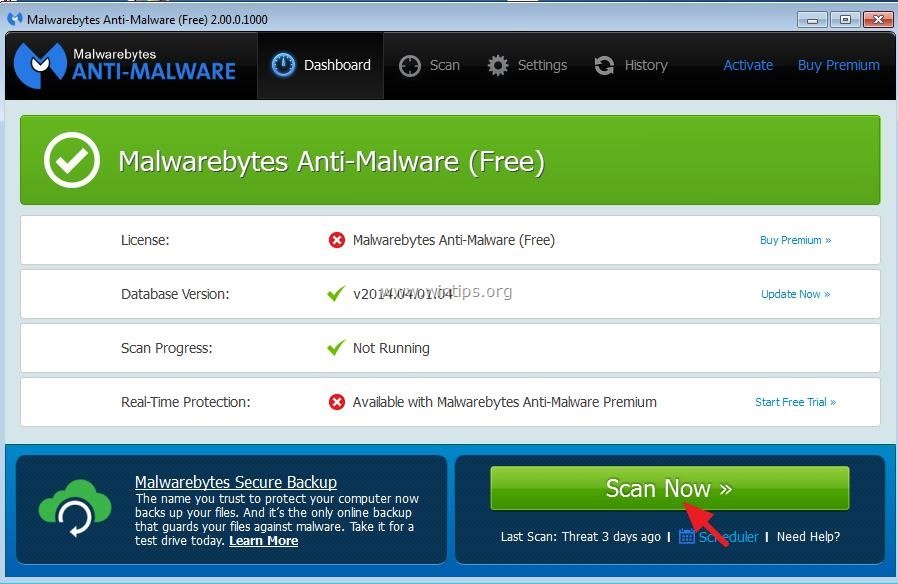
- Filesync review malware portable#
- Filesync review malware software#
- Filesync review malware download#
- Filesync review malware free#
In November 2018 Norton wrongly considered FreeFileSync installer as a malware and blocked its installation.
Filesync review malware software#
Since the release of version 10.0 in April 2018, the software is ad-free. In addition to supporting local file systems and network shares, FreeFileSync is able to sync to Google Drive, FTP, FTPS, SFTP and MTP devices.Įarlier versions were packaged with OpenCandy, an adware module which many antivirus software vendors classify as malware. įreeFileSync works by comparing one or multiple folders on their content, date or file size and subsequently synchronizing the content according to user-defined settings. FreeFileSync has received positive reviews.
Filesync review malware portable#
Donors get access to a Donation Edition that contains a few additional features such as an auto-updater, parallel sync, portable version, and silent installation. It is available on Windows, Linux and macOS.
Filesync review malware free#
Malware and ransomware protection in Microsoft 365įor more information about anti-virus in SharePoint Online, OneDrive, and Microsoft Teams, see Protect against threats and Turn on Safe Attachments for SharePoint, OneDrive, and Microsoft Teams./ 21 July 2023 51 days ago ( 21 July 2023)įreeFileSync is a free and open-source program used for file synchronization. For more information, see Safe Attachments for SharePoint, OneDrive, and Microsoft Teams.

Microsoft 365 organizations that have Microsoft Defender for Office 365 included in their subscription or purchased as an add-on can enable Safe Attachments for SharePoint, OneDrive, and Microsoft Teams for enhanced reporting and protection. Extended capabilities with Microsoft Defender for Office 365 After it's marked as malware, the user can't open the synced file anymore from their local machine. When a malicious file is uploaded to OneDrive, it will be synced to the local machine before it's marked as malware. What happens when the OneDrive sync client tries to sync an infected file? As long as the file has been marked as malware, admins can use Get-SPOMalwareFileContent to extract the file.įor more information about the infected file, admins can use the Get-SPOMalwareFile cmdlet to see the type of malware that was detected and the status of the infection. Admins don't need access to the site that hosts the infected content. SharePoint admins and global admins are allowed to do forensic file extractions of malware-infected files in SharePoint Online PowerShell with the Get-SPOMalwareFileContent cmdlet. Can admins bypass DisallowInfectedFileDownload and extract infected files? The value $true for the DisallowInfectedFileDownload parameter completely blocks access to detected/blocked files for users.įor instructions, see Use SharePoint Online PowerShell to prevent users from downloading malicious files.
Filesync review malware download#
To change this behavior so users can't download infected files, even from the anti-virus warning window, admins can use the DisallowInfectedFileDownload parameter on the Set-SPOTenant cmdlet in SharePoint Online PowerShell.

The user is given the option to proceed with the download and attempt to clean it using anti-virus software on their device.

They aren't intended as a single point of defense against malware for your environment.

The built-in anti-virus capabilities are a way to help contain viruses.


 0 kommentar(er)
0 kommentar(er)
